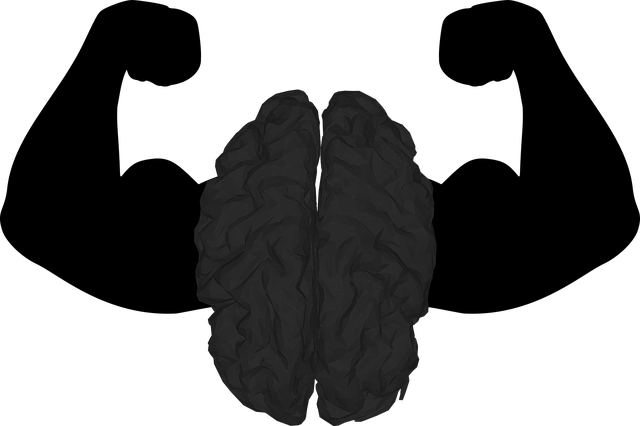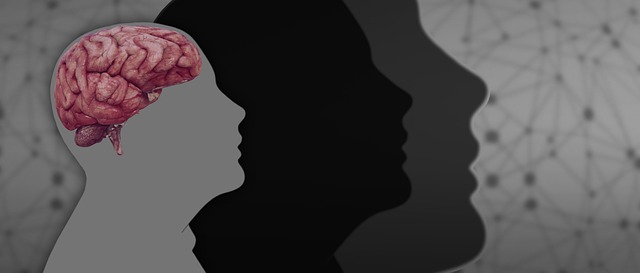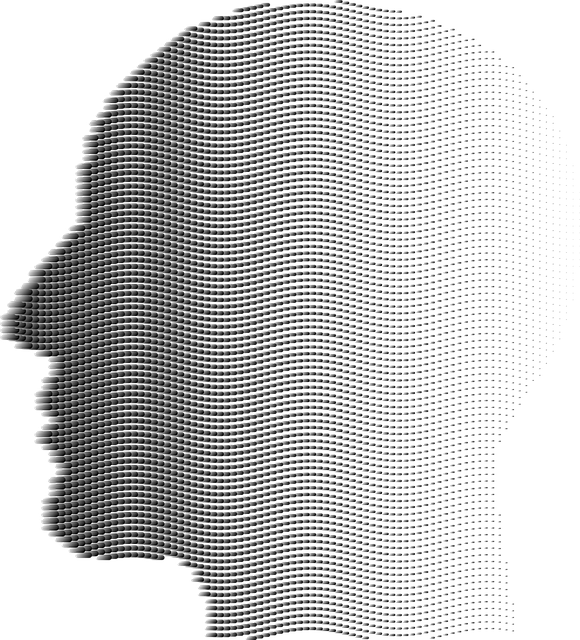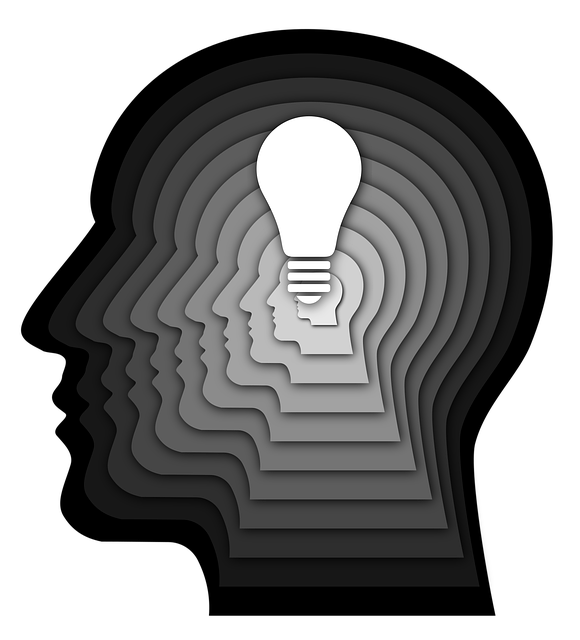Diagnosing mental illness in children is complex due to the overlap between typical development, religious beliefs, and actual disorders. This requires a nuanced approach considering cultural, familial, and individual factors. The absence of standardized tools complicates assessment, but targeted therapy models like CBT, play therapy, and family-focused therapy have proven effective. Early intervention programs, coupled with community outreach, raise mental health awareness. Culturally sensitive practices are crucial for accurate diagnosis, especially regarding diverse spiritual-religious issues. Advancements in technology offer digital screening tools and resources for better early detection. Collaborative multi-disciplinary teams providing holistic care with a focus on children's spiritual-religious considerations enhance diagnostic accuracy and treatment outcomes.
Mental illness diagnosis accuracy has been a growing concern, prompting various efforts to improve identification and treatment. This article explores critical strategies aimed at enhancing diagnostic precision, delving into key areas such as early intervention through therapy for children, addressing cultural sensitivities like spiritual-religious issues, leveraging technology in diagnostics, and fostering collaborative multi-disciplinary teams. By understanding current challenges and implementing these advancements, we can significantly improve mental health care.
- Understanding the Current State: Challenges in Mental Illness Diagnosis
- Incorporating Therapy for Children: Early Intervention Strategies
- Addressing Spiritual-Religious Issues: Cultural Sensitivity in Diagnosis
- Advancements in Diagnostic Tools: Technology's Role in Accuracy
- Collaborative Approaches: Multi-Disciplinary Teams for Improved Accuracy
Understanding the Current State: Challenges in Mental Illness Diagnosis

The diagnosis of mental illness is a complex process, often shrouded with misconceptions and challenges. One significant hurdle lies in differentiating between typical adolescent behavior, spiritual-religious issues, and actual mental health disorders. Children, especially those going through developmental stages, may exhibit symptoms that resemble various conditions, making accurate assessment difficult. For instance, what seems like a child’s imaginative play or spiritual practices could be indicative of underlying problems or simply normal childhood exploration. This complexity demands a nuanced approach, where professionals must carefully consider cultural, familial, and individual factors to ensure an appropriate diagnosis.
Furthermore, the lack of standardized tools specifically tailored for assessing mental health in children adds to the challenge. Traditional diagnostic methods often require adaptation to cater to younger populations, as their communication styles and expression of emotions differ from adults. Emphasizing emotional well-being promotion techniques and coping skills development is vital in this context. By incorporating evidence-based practices that support mental wellness, professionals can enhance diagnosis accuracy and provide more effective therapy for children presenting with complex symptoms.
Incorporating Therapy for Children: Early Intervention Strategies

Incorporating therapy for children is a vital strategy for enhancing mental illness diagnosis accuracy and fostering early intervention. Many mental health challenges in adulthood can be traced back to childhood experiences, making timely interventions crucial. Child-centric therapy approaches, such as cognitive-behavioural therapy (CBT), play therapy, and family-focused therapy, have proven effective in addressing various concerns, including depression prevention and emotional regulation. By targeting spiritual-religious issues within these therapeutic models, mental health professionals can create safe spaces for children to express themselves, process traumatic events, and develop coping mechanisms that cater to their unique needs.
Early intervention programs often involve community outreach initiatives that raise awareness about mental health among parents, caregivers, and educators. These programs encourage proactive reporting of concerning behaviours and promote access to appropriate therapy services. By integrating evidence-based practices into these outreach efforts, such as training caregivers in emotional regulation techniques or implementing school-based mental health programs, communities can significantly improve diagnosis accuracy and overall well-being for children facing mental health challenges.
Addressing Spiritual-Religious Issues: Cultural Sensitivity in Diagnosis

In today’s diverse society, cultural sensitivity is a cornerstone in improving mental illness diagnosis accuracy, especially when addressing spiritual-religious issues. Many individuals, particularly those from minority backgrounds, may experience unique challenges that impact their mental health and how they express symptoms. For instance, cultural beliefs and practices can shape the way people perceive and communicate distress, leading to potential misdiagnosis if not considered. Therefore, therapists and healthcare professionals must be equipped with knowledge about different spiritual-religious traditions to provide empathetic care tailored to each client’s needs.
Integrating therapy for children that considers spiritual-religious issues is essential in fostering resilience building and empathy within the healing process. Self-awareness exercises and culturally sensitive diagnostic approaches can help young clients express their inner experiences more openly, leading to accurate assessments. By acknowledging and respecting diverse belief systems, mental health professionals can create a safe environment, encouraging honest discussions around emotional challenges, and promoting positive outcomes for all children involved.
Advancements in Diagnostic Tools: Technology's Role in Accuracy

Advancements in diagnostic tools have significantly contributed to improving mental illness diagnosis accuracy. With technology playing a pivotal role, professionals now have access to more sophisticated methods and resources that aid in making precise assessments. For instance, digital health platforms offer evidence-based screening tools tailored to various mental health concerns, from anxiety and depression to more complex conditions affecting children. These online resources are easily accessible, promoting early detection and intervention, especially for individuals who may face barriers in seeking traditional therapy due to spiritual-religious issues or geographical constraints.
In the realm of mental health policy analysis and advocacy, leveraging technology goes beyond screening. Mental wellness coaching programs development has seen a surge, with digital platforms delivering personalized support and guidance. Similarly, the production of mental wellness podcast series caters to diverse audiences, providing educational content on managing mental health challenges. These innovations not only enhance awareness but also contribute to evidence-based practices, ultimately fostering improved diagnosis and treatment outcomes.
Collaborative Approaches: Multi-Disciplinary Teams for Improved Accuracy

In the pursuit of enhancing mental illness diagnosis accuracy, collaborative approaches have emerged as a powerful strategy. Multi-disciplinary teams, comprising professionals from diverse fields such as psychology, psychiatry, social work, and even spiritual or religious advisors, are key to this improved accuracy. By integrating Therapy for Children with an awareness of spiritual-religious issues, these teams offer a holistic perspective that captures the intricate interplay between a person’s emotional, psychological, and spiritual dimensions. This collaborative method not only improves diagnostic precision but also fosters more personalized treatment plans, focusing on Self-Esteem Improvement and promoting techniques for Emotional Well-being. Mental Health Awareness is significantly enhanced when professionals from various backgrounds work together, ensuring that every individual receives care that addresses their unique needs.
Mental illness diagnosis accuracy has seen significant advancements through collaborative approaches, early intervention strategies like therapy for children, and culturally sensitive practices addressing spiritual-religious issues. Technological advancements further equip healthcare professionals to navigate complex cases effectively. By fostering multi-disciplinary teams, integrating innovative tools, and understanding diverse cultural nuances, we can ensure more accurate diagnoses and improved patient outcomes, ultimately enhancing mental health care’s overall effectiveness.














